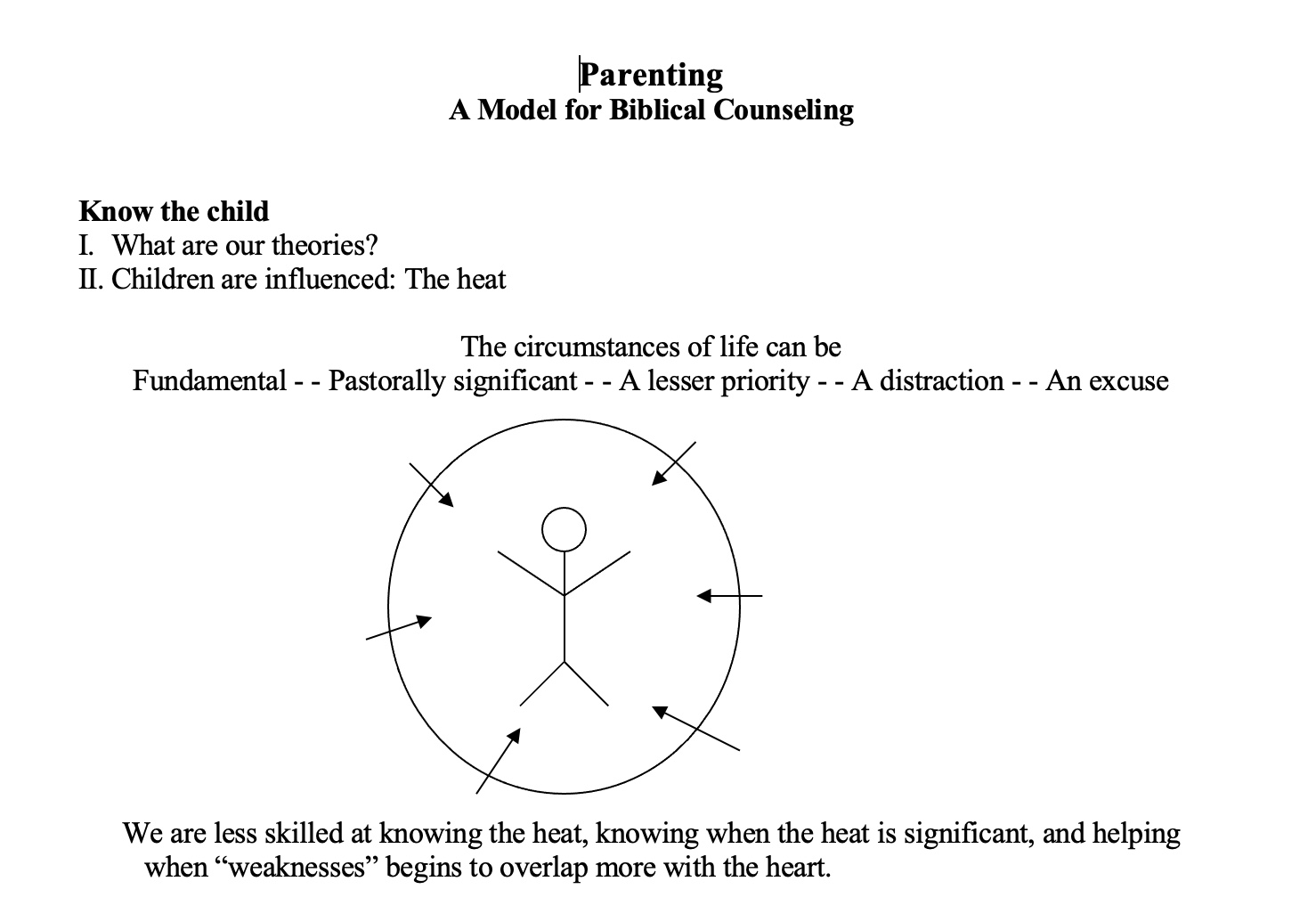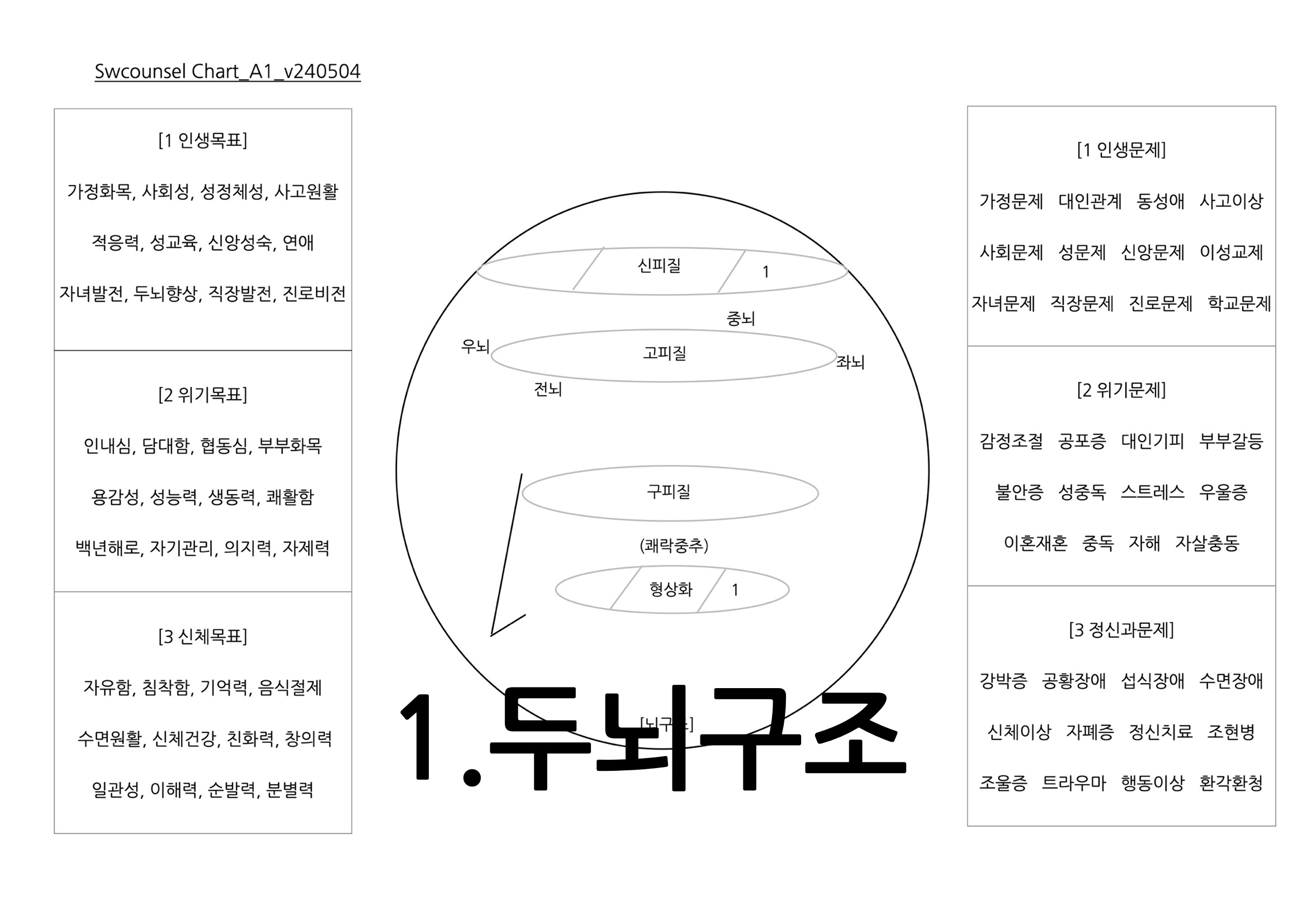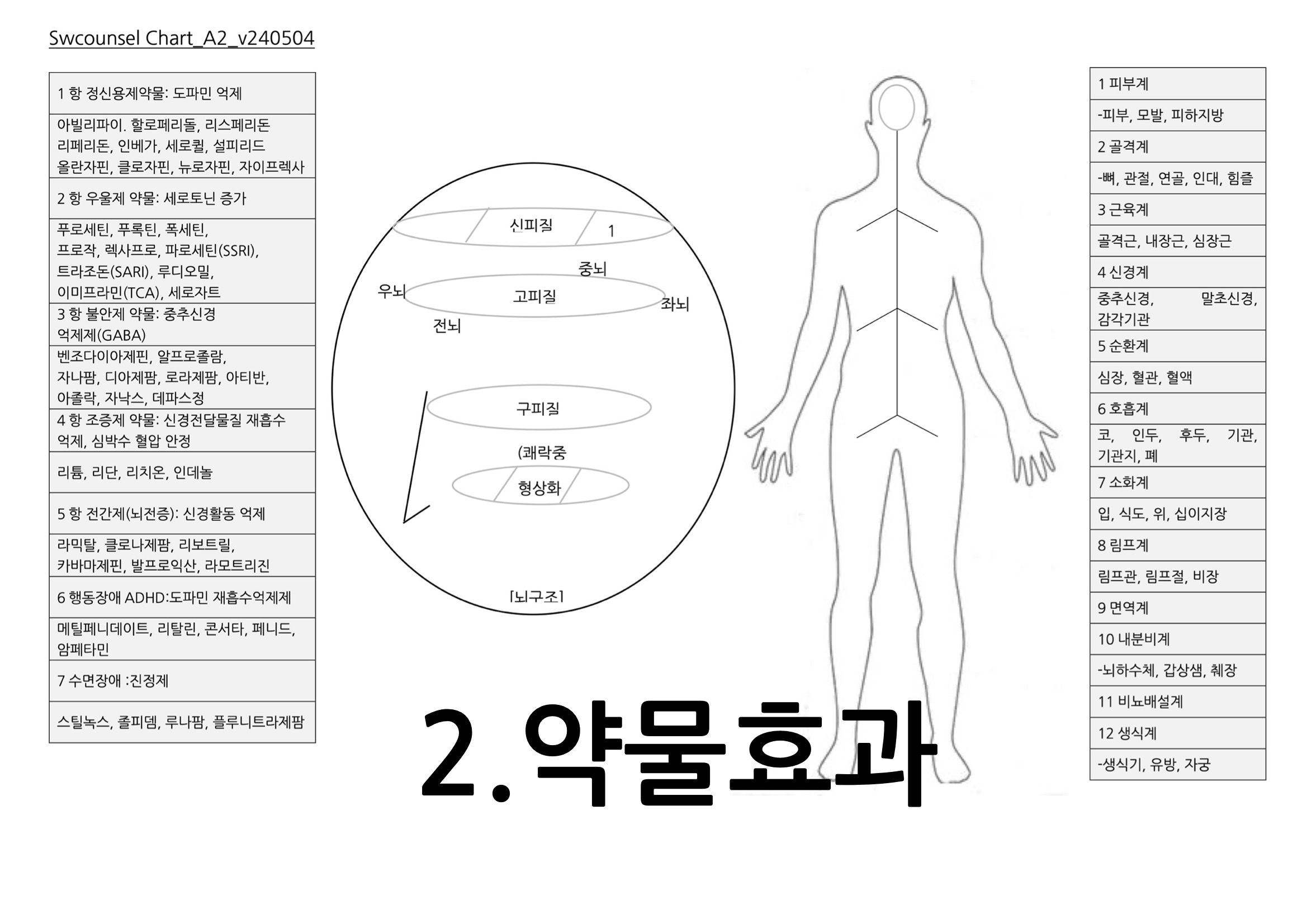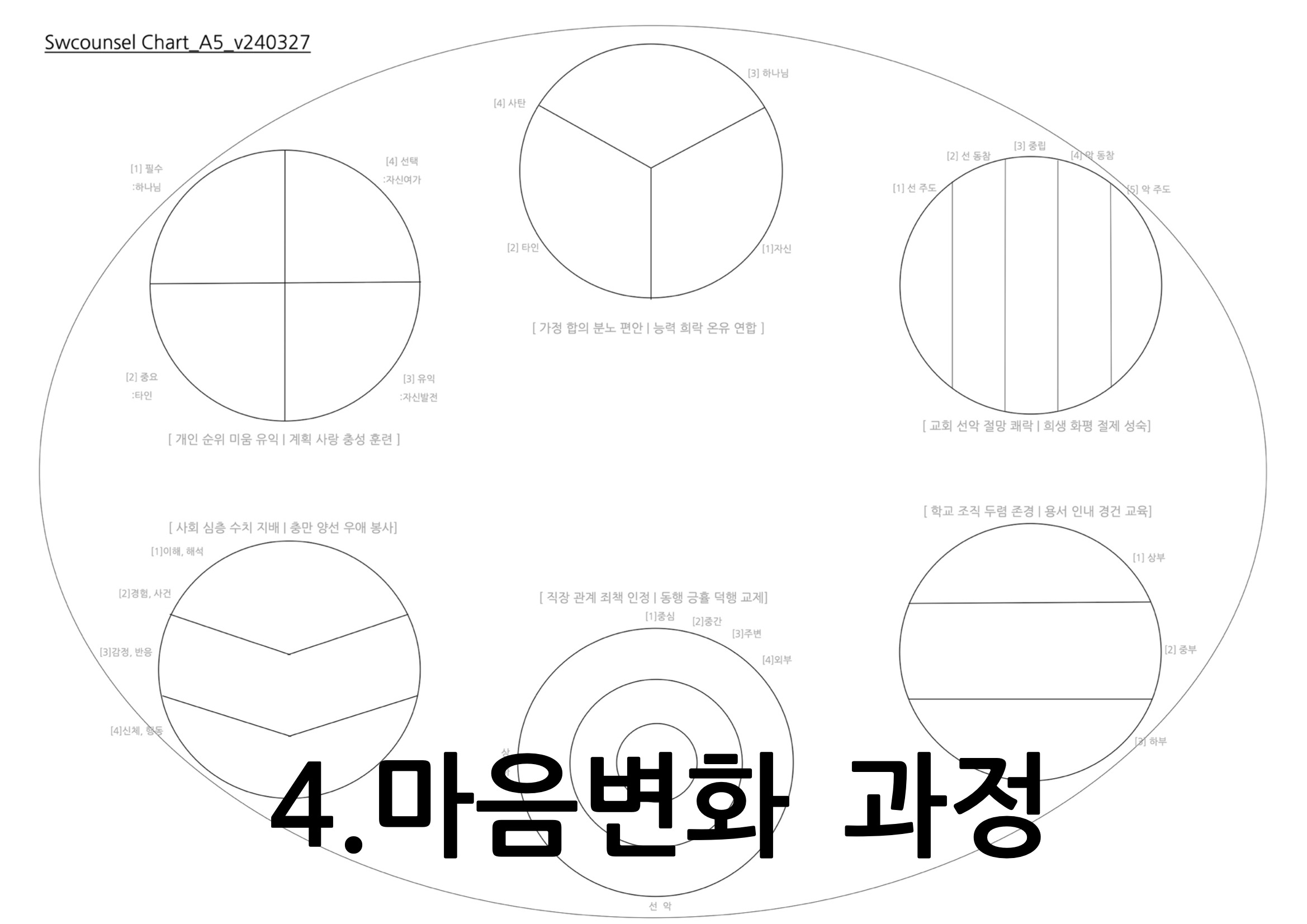[a적용해석] Parenting A Model for Biblical Counseling / Dr. Welch
PARENTOU.DOC
43.5K 0 10년전
 Parenting
A Model for Biblical Counseling
Know the child
II. Children are influenced: The heat The circumstances of life can be Fundamental - - Pastorally significant - - A lesser priority - - A distraction - - An excuse We are less skilled at knowing the heat, knowing when the heat is significant, and helping when “weaknesses” begins to overlap more with the heart. III. Children live before God: The heart A. They know God and are either Creator-worshippers or creature worshippers. B. They know God’s law and have a conscience C. They hear the call of the world, flesh and devil D. They are foolish more than wise Remember your pastoral strategy I. Don’t settle for behavior change II. Aim for the heart A. The before-Godness of our lives B. But remember that it is not all repentance, we also encourage, teach, . . . C. Some qualification and clarifications Use your pastoral resources I. The Spirit and the Word A. The gospel (note Ridderbos, Paul: An Outline of His Theology, especially his section on the indicative and imperative) B. The law 1. What is it? 2. Its reputation 3. What it can’t do: It can’t justify. It can’t empower. 4. What it can do a. It teaches us how to love God. b. It can bless. E.g., Ex. 20:12 (cf. Dt. 5:16, Eph. 6:1-3), Ps. 19, 112, 119, James 1:25. c. It can teach us about the character of God. d. It teaches us about our own unrighteousness and leads us to Christ. e. It can entice sin. 5. Using the law a. Law as disciplinarian b. Law as pleading, wooing father c. Law as lifeguard II. The Spirit and prayer III. The Spirit and you 1 Tim.4:12, 1 Cor.11:1 Package it wisely I. With more difficult children what are the priorities? What are (1) non-negotiable, (2) issues where there can be compromise, creative solutions and flexibility, and (3) issues that are unimportant? II. What are the child’s strengths and limitations (spiritual, physical, historical) III. What are the parent’s strengths and limitations? When coming alongside parents, work with them. Who are they? What are their limitations (spiritual, talents/giftings, time)? Parents are sometimes the worst counselors for other parents. IV. Different priorities for different ages A. Birth to age 6. Basic instruction: Learn about God, learn to obey parents, manners. B. Ages 6 to 12. Basic instruction: Learn about God, learn godly character, and [for parents] begin to understand strengths (gifts) and weaknesses. Are you still spanking? C. Age 13 to leaving home. Basic instruction: Know that God is your God. Openness and honesty.
|










